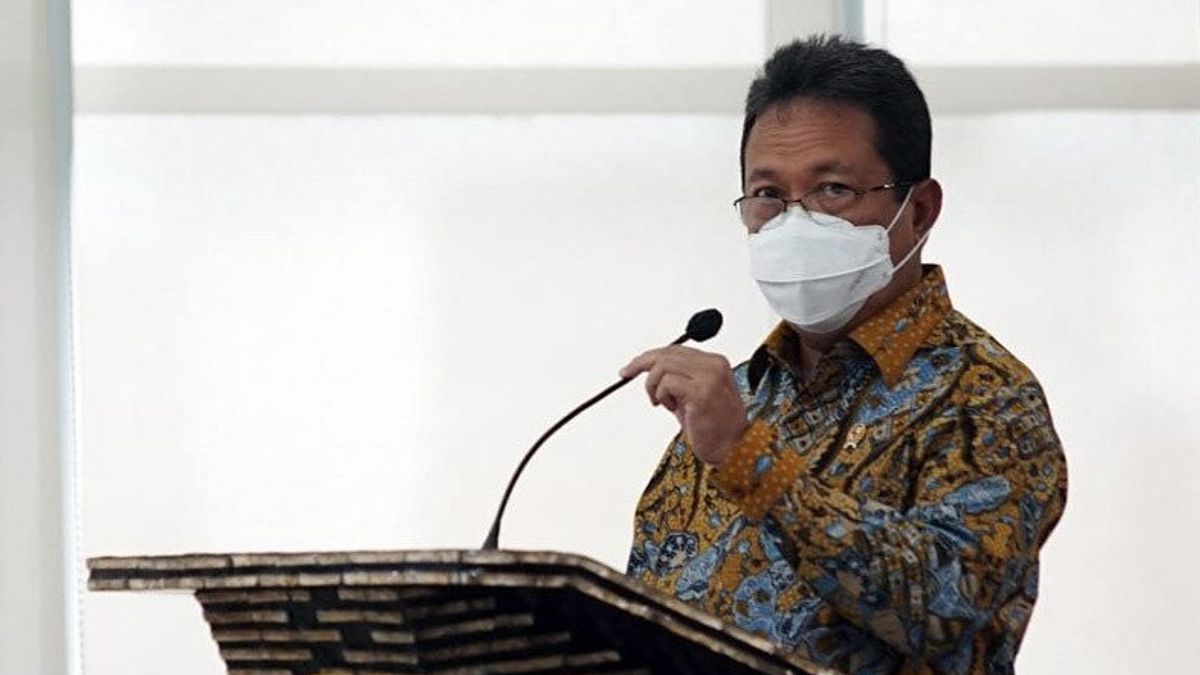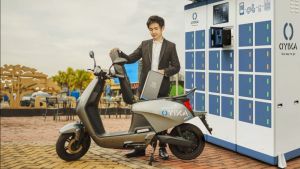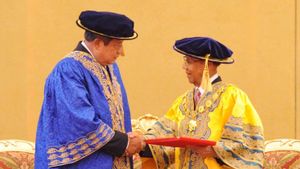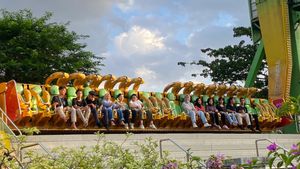JAKARTA - The Ministry of Maritime Affairs and Fisheries (KKP) is ready to support the implementation of the ASEAN Blue Economy Framework which was officially adopted at the ASEAN Summit (KTT) in Jakarta, on September 5-7, 2023.
With the adoption of the ASEAN Blue Economy Framework document, ASEAN countries are committed to regional cooperation regarding the blue economy approach as a driver of the economy in the future. In addition, it also makes blue economy a new source of sustainable economic development for ASEAN member countries.
"The adoption of ASEAN's blue economy framework documents deserves appreciation and we are ready to support its implementation in the marine and fisheries sector," said Minister of Marine Affairs and Fisheries (KP) Sakti Wahyu Trenggono in a written statement, Saturday, September 9.
Minister Trenggono said that his party has a KKP Blue Economy program that has been implemented at the national level, which is in line with the ASEAN Blue Economy Framework, including a measured fishing policy based on quotas, the Advanced Fisherman Village program, to the national movement to clean up marine debris, namely the Sea Love Month which has been active since 2021.
Trenggono hopes that with the adoption of the ASEAN Blue Economy Framework, the cooperation of member countries can be stronger, especially in the marine and fisheries sector.
He also said that many of the challenges in the sector whose solutions require equal views and synergies at the regional level.
"With the ASEAN Blue Economy Framework, we hope that regional cooperation in the fisheries sector can continue to be improved. Issues such as IUU Fishing, marine waste, fisheries trade barriers related to tariffs, and other challenges in the marine and fisheries sector can be shared," he said.
The ASEAN Blue Economy Framework focuses on the marine and land waters as an economic driver, as well as encouraging efforts to improve marine health.
This framework also includes upstream and downstream management, which functions as an accelerator for the marine sector including capture fisheries, cultivation, fish processing, and tourism. In addition, as a catalyst for new sectors such as renewable energy, biotechnology, research and education, as well as other new sectors of water resources.
There are three strategies that are promoted in the ASEAN Blue Economy Framework, namely Blue Conservation Management which is related to environmental and social aspects.
Next, Blue Science, Technology and Innovation to support the use of technology towards sectors related to the blue economy, and Blue Priority Sectors related to increasing the national blue economy potential, as well as encouraging the creation of a sustainable blue financing mechanism.
The English, Chinese, Japanese, Arabic, and French versions are automatically generated by the AI. So there may still be inaccuracies in translating, please always see Indonesian as our main language. (system supported by DigitalSiber.id)













